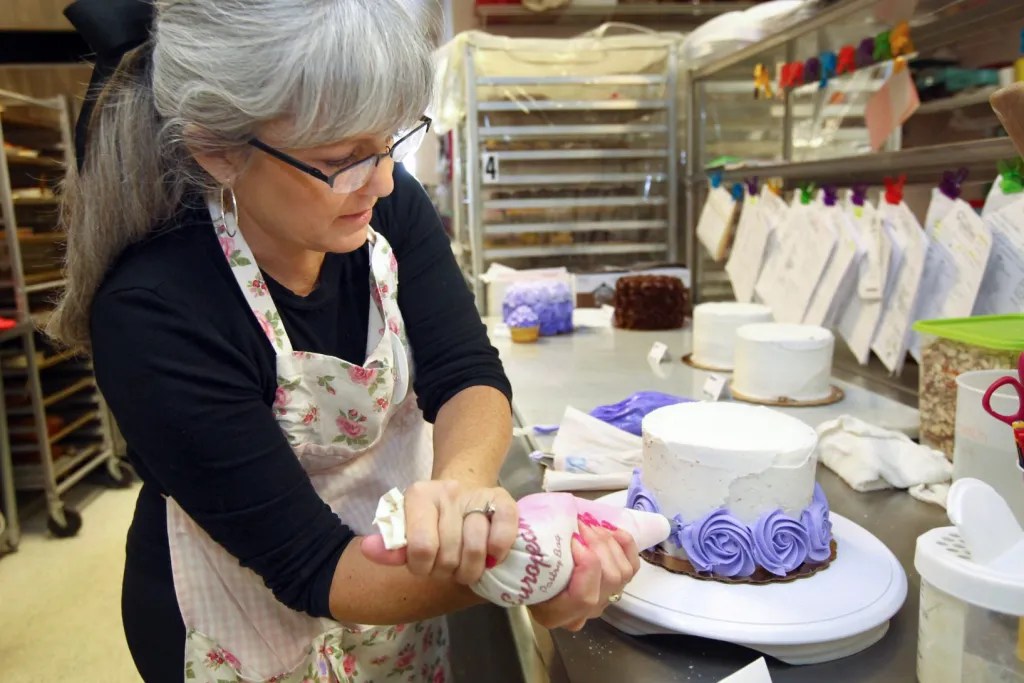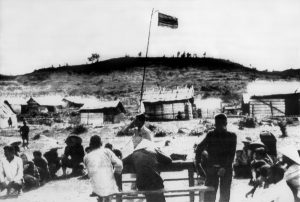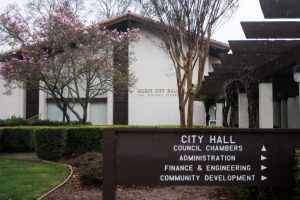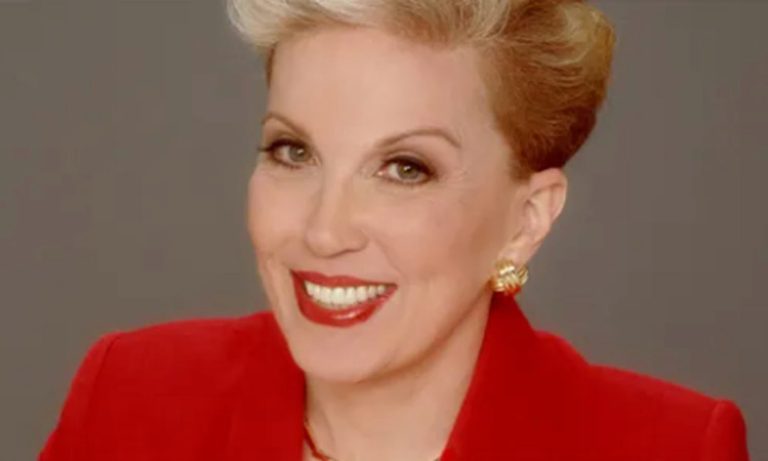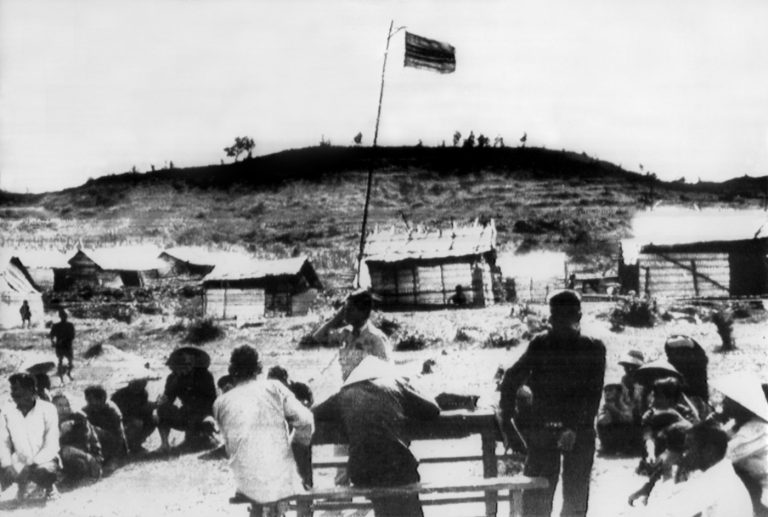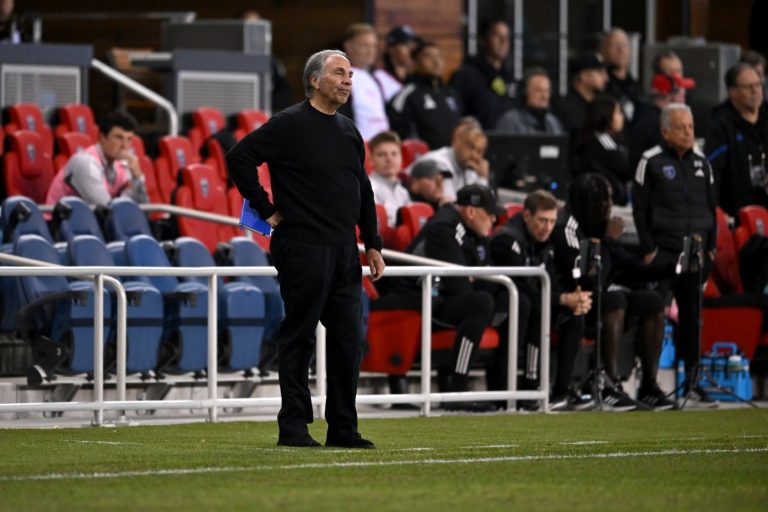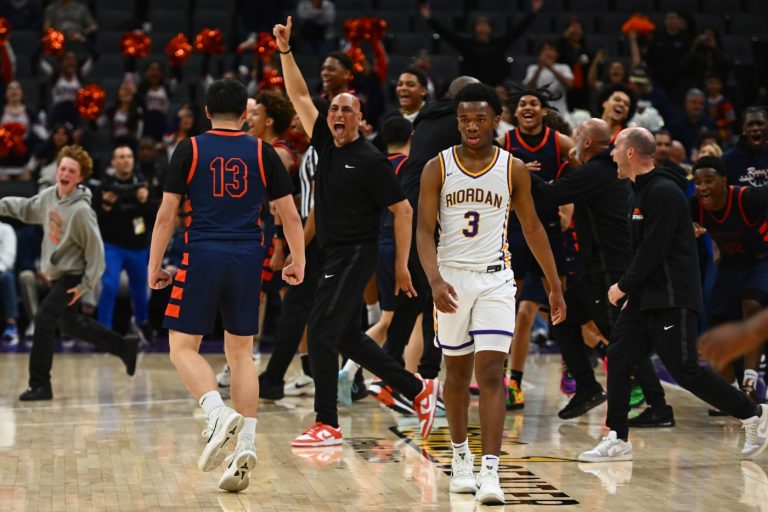By Jeanne Kuang | CalMatters
A Kern County baker violated California law when she refused to sell a cake to a lesbian couple for their wedding, a state appeals court ruled this week in a suit brought by the state’s Civil Rights Department.
If the scenario sounds familiar, that’s because it’s central to a series of cases that have for years been shaping the nation’s legal debate over free speech and anti-discrimination laws.
In 2018, the U.S. Supreme Court overturned a Colorado ruling that a baker had violated that state’s nondiscrimination law when he refused to bake a cake for a same-sex couple’s wedding. The ruling was based on the court’s finding that the Colorado civil rights commission handling the case had been prejudiced against the baker’s religious beliefs.
Related Articles
US Department of Education takes aim at California high school sports over transgender athlete policy
US Dept. of Education urges NCAA, NFHS to nullify trans athletes’ records
Trump delivered on his promise to order a ban on transgender female athletes. What’s next?
Trump’s Education Department to investigate SJSU over transgender volleyball player
Trump administration plans to pressure the IOC to come up with a uniform transgender athlete ban
The court in 2023 ruled, also in a Colorado case, in favor of a website designer who opposed same-sex marriage on religious grounds and who was afraid the same state statutes could in theory force her to design a wedding website for a gay couple. That would violate the designer’s First Amendment rights to free expression, the Supreme Court ruled in a decision that LGBTQ rights activists said could open the door to more discrimination in public spaces.
The California decision this week draws boundaries on what counts under a business owner’s right to free expression.
In a statement, California Civil Rights Department director Kevin Kish praised the ruling for upholding “the longstanding principle guaranteeing all Californians full and equal access to services and goods in the marketplace.”
The case stemmed from the marriage of Eileen and Mireya Rodriguez-Del Rio, who visited Tastries bakery in Bakersfield to buy a cake for their wedding in August 2017.
The couple spoke with an employee and selected a pre-designed plain, white, three-tiered cake that the bakery often sells for various celebrations including birthdays and baby showers, according to court filings. When the couple returned with friends and family for a tasting the following week, Tastries’ owner Catharine Miller refused to sell the cake upon learning it would be served at a same-sex wedding.
Miller is a devout Christian who also refuses to make cakes depicting marijuana use or sexual imagery. She later told the courts she has a bakery policy stating that “wedding cakes must not contradict God’s sacrament of marriage between a man and a woman.”
The couple filed a complaint with the state Civil Rights Department, which sued Miller in 2018. Miller, who is represented by the Becket Fund for Religious Liberty, argued her policy was based on her religious beliefs about marriage, not animus toward LGBTQ people.
A Kern County judge sided with her, ruling that Miller’s policy did not violate the state’s Unruh Civil Rights Act because it applies to all customers, and because Miller referred the couple to another bakery that had previously agreed to sell cakes to same-sex couples (but which the Rodriguez-Del Rios had already ruled out).
The state appealed the decision last year, and a three-judge panel of the 5th Appellate District reversed it in a unanimous ruling.
The judges ruled Miller’s policy is not neutral because it could only apply to customers on the basis of their sexual orientation. They also ruled that reproducing a plain cake with no writing or decorations that Miller would have sold to anyone else does not count as being forced to express support for a same-sex wedding.
“Drawing the contours of protected speech to include routinely produced, ordinary commercial products as the artistic self-expression of the designer is unworkably overbroad,” the judges wrote.
Miller, through a spokesperson at the Becket Fund, declined to comment. In a statement, her attorney and Becket Fund vice president Eric Rassbach said Miller would continue to run the bakery while they appeal the decision to the state Supreme Court.
“This case is not just about Cathy Miller — it’s about protecting the rights of all Americans to live and work according to their deeply held beliefs,” said another of her attorneys, Charles LiMandri. “We will continue to fight in the courts on Cathy’s behalf to ensure that the freedom to live out her faith through her creative work is upheld and that justice is fully served.”
The case could be primed for more appeals by conservative legal groups that ultimately seek to extend the U.S. Supreme Court ruling in the Colorado web designer case and establish exceptions to anti-discrimination laws allowing businesses to refuse services to gay Americans, said Matt Coles, a law professor at UC Law San Francisco.
But he said the California ruling makes important distinctions between designing a wedding website and making a standard cake.
“This was not a great case for them,” Coles said. “The challenge in this case was, how do you draw a line between stuff that’s clearly speech or expression, and stuff that’s clearly not? If what you’re selling is some kind of generic cake, you don’t have 1st Amendment claims.”
For the record: This story has been updated to correctly identify the state agency involved in the suit as the California Civil Rights Department.
